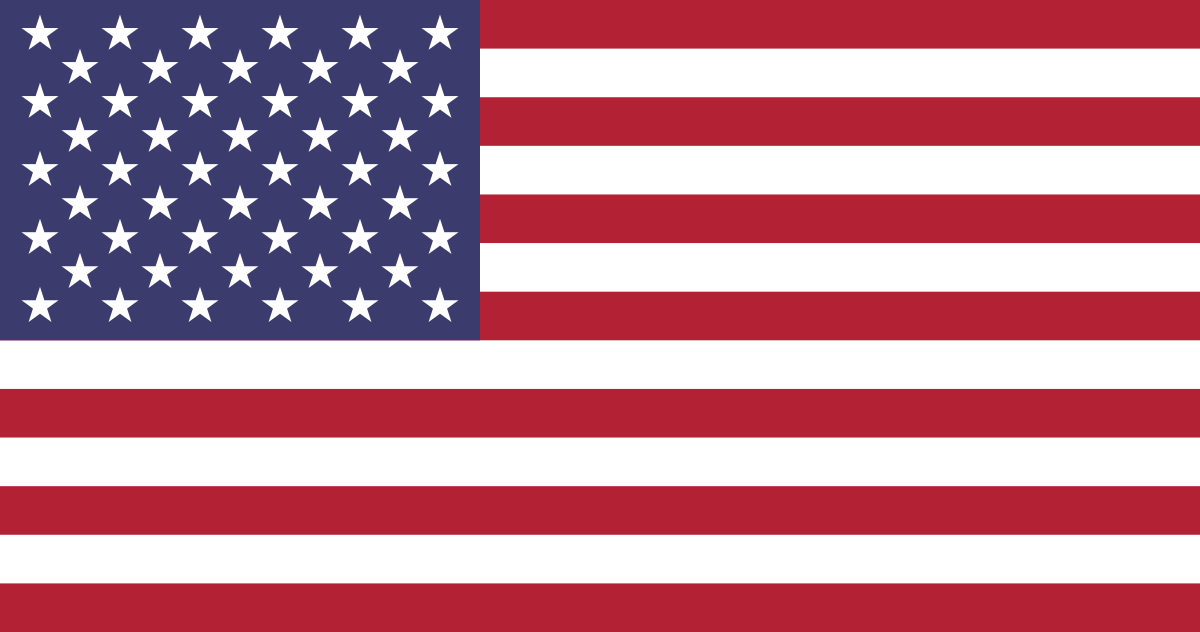

Ping Pong Diplomacy:
A Rally For U.S.- China Relations
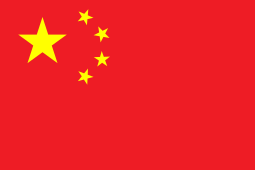
Covert Kissinger
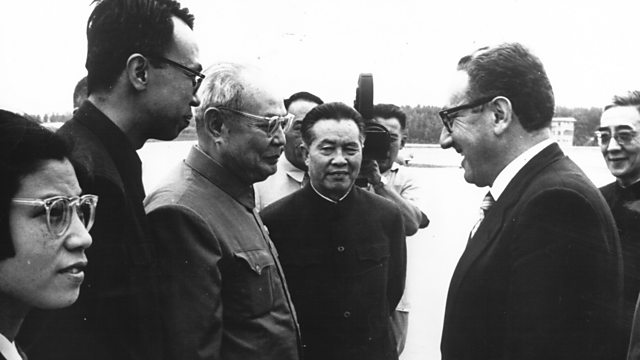
Kissinger meets CCP Officials. Source: BBC
After the Ping Pong teams visit, Nixon decided to send National Security Advisor, Henry Kissinger, on an undercover, 48-hour mission to Beijing.
“My team set off to Beijing via Saigon, Bangkok, New Delhi, and Rawalpindi on an announced fact-finding journey on behalf of the President…In Rawalpindi, we disappeared for forty-eight hours for an ostensible rest (I had feigned illness) in a Pakistani hill station in the foothills of the Himalayas.”
~Henry Kissinger, On China
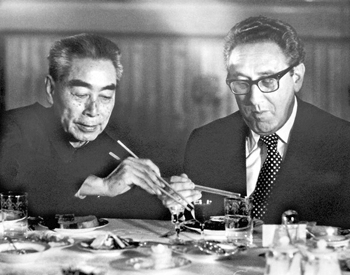
Kissinger eats with Zhou. Source: LA Progressive
On July 9, 1971, Kissinger and the American delegation arrived in Beijing, surprised by the Chinese hospitality.
“When we saw our program, we realized that, in addition to this pause before Zhou’s arrival, a four-hour visit to the Forbidden City had been planned…In fact, only two formal negotiating sessions were available: seven hours on the day of my arrival, from 4:30 P.M. to 11:20 P.M.; and six hours on the next, from noon until about 6:30 P.M. The first meeting was at the State Guesthouse—the United States acting as host by the conceit of Chinese protocol. The second was at the Great Hall of the People, where the Chinese government would receive us.”
~Henry Kissinger, On China
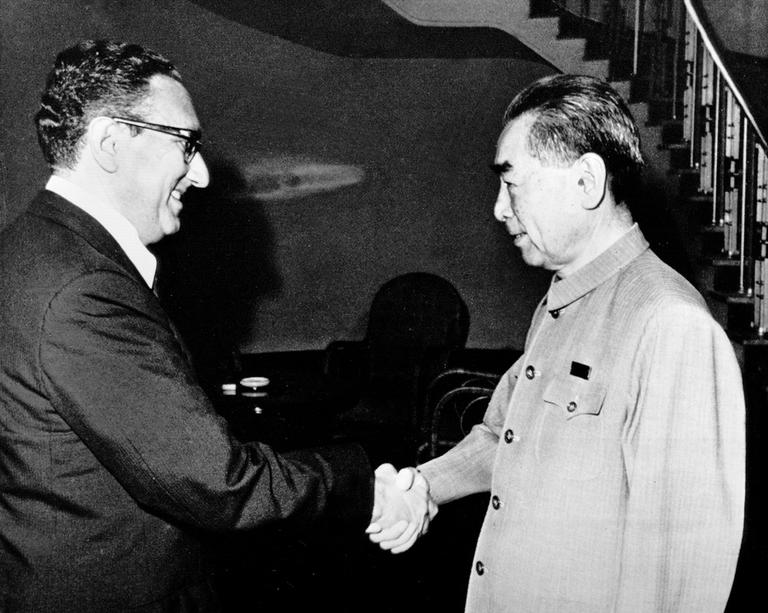
Kissinger and Zhou shake hands. Source: SupChina
For the first time, the two sides shook hands. This significantly gestured that they were on equal ground.
“When the Premier arrived, our handshake was a symbolic gesture…since Secretary of State John Foster Dulles had refused to shake hands with Zhou at the Geneva Conference”
~Henry Kissinger, On China
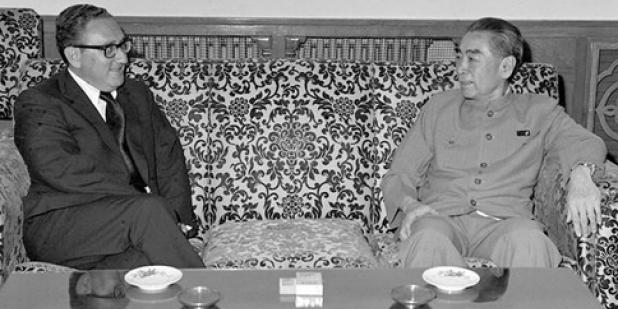
Kissinger and Zhou Meeting. Source: USC
At the high-level diplomatic exchanges, four main topics were discussed: Nixon’s visit, Taiwan, Indochina (Vietnam), and Soviet Aggression.
“The Taiwan issue had become deeply embedded in the domestic attitudes of both countries…Beijing’s position had been that American acceptance of the “one China principle” was the precondition of any progress. The American precondition was that China commit itself to peaceful resolution of the issue before the United States would discuss it”
“The second anomaly was the Vietnam War. Part of my task was to achieve Chinese understanding for a war America was fighting on China’s border against an ally of China.”
“According to recent Chinese historical accounts, Zhou had been specifically instructed by Mao to “brag” that “although all under the heaven is in great chaos, the situation is wonderful.” Mao was worried about Soviet aggression, but he did not want to express concern, even less appear to ask for help. The narrative of turmoil under the heavens was his way of eliciting American attitudes without the implication of concern involved in asking for them: to sketch both the maximum conceivable threat and China’s fortitude in resisting even it.”
~Henry Kissinger, On China